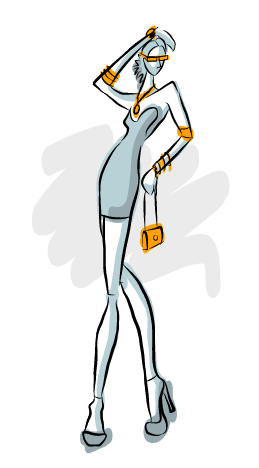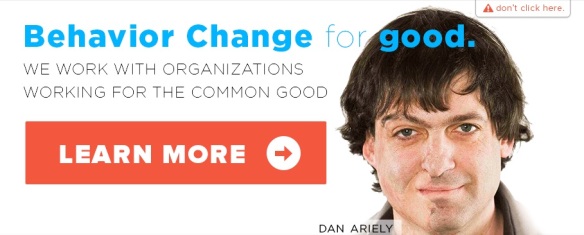It’s been a busy year at BrainJuicer and on this blog, and with the end of 2014 fast approaching it’s time to take our annual look at the posts you read the most – our most popular content, as voted. Can anything beat last year’s runaway winner, “How To Eat A Sandwich (The Daniel Kahneman Way)“? As it happens, yes. Let’s count down and find out what…
10. So, How Many Basic Emotions Are There Again? Like most successful theories, Paul Ekman’s “7 basic emotions” makes a juicy target for a news story looking to debunk it. This year’s attempt spotlighted a claim that there are only four basic emotions. Bad news for Ekman? Not really – the new work identifies primal emotions that may have evolved earlier, but Ekman’s ideas are still the relevant ones to humans as we are today.
9. The Best Graduate Job In The World? Micha Dudley joined BrainJuicer in 2013 in our Behaviour Change Unit team. In this post, she offers a look at what working here is really like from a graduate perspective. (Spoilers! It’s awesome!)
8. Reclaiming Research’s Radicalism Back in May, planner Martin Weigel published a mini-manifesto about restoring planning to its radical roots. This was our cover version, looking at how well research lives up to his ideas. And in a lot of places, it doesn’t – things the industry should embrace, like learnings from marketing science, get ignored in favour of received wisdom and “zombie ideas”.
7. South-East Asian Advertising: What Works? Happiness is a universal emotion, but not every culture reaches it in a similar way. This post looks at some self-funded ad testing we ran in Thailand and Indonesia, exploring the different drivers of 5-star advertising in each country.
6. 7-1! There was a World Cup this year, you might remember. And if you’re Brazilian or German, you surely also remember the shock outcome of the two countries’ semi-final. In the aftermath of Brazilian despair and German triumph, we turned a behavioural science lens on the match: how on earth had it all gone so wrong for Brazil, and what lessons could be drawn from it using psychology and decision science?
5. Meet The Most Successful Research App Of 2014 The research industry has spent decades making trade-off analysis as tedious as possible for participants. The runaway success of a tough-decisions app for teens should make them think again.
4. 2014 Christmas Ads: The Emotional Winners Revealed This post only went up a couple of weeks ago, but with the UK Christmas ad race these days a lot more interesting than the race for the Christmas No.1, it’s no surprise it’s proved very popular. Monty The Penguin takes on raving Christmas lights, World War One soldiers, posh fairies and a kid on a chopper bike in this highlights and lowlights review. (For the full story – with over 15 ads rated – get in touch!)
3. These Aren’t The Insights You’re Looking For The second in a series of posts exploring the demise of the traditional research concept, and how to get testing new ideas right. The conceit here – what if Star Wars had been put through the research wringer? – helped make it one of our most-tweeted posts, as well as one of our most-read.
2. The Behavioural Economics Guide 2014 – A Free Behaviour Change Resource Want people to visit a blog? Give them free stuff! Longtime BrainJuicer associate Alain Samson wrote a Behavioural Economics guidebook this year, and we linked to a free PDF of it. It’s still up. It’s still free. What are you waiting for?
1. Obituary – The Traditional Concept c.1960-2014 And our most successful post of the year was probably also our most fun to write – there’s a lesson in there somewhere! A mock obituary of the traditional research concept, explaining how it can’t keep pace with a System 1 world. The interest in our proposed solution – VisiCepts – has been enormous, but the story starts here.
So that was our 2014 – how was yours? There will still be a couple of posts to go before the year ends, of course, and right at the end of the year there’s our 15th birthday (which we’ll be celebrating in January – that time of year needs a bit of cheering up…!)
Thanks for reading this blog, and have a fantastic holiday season.








